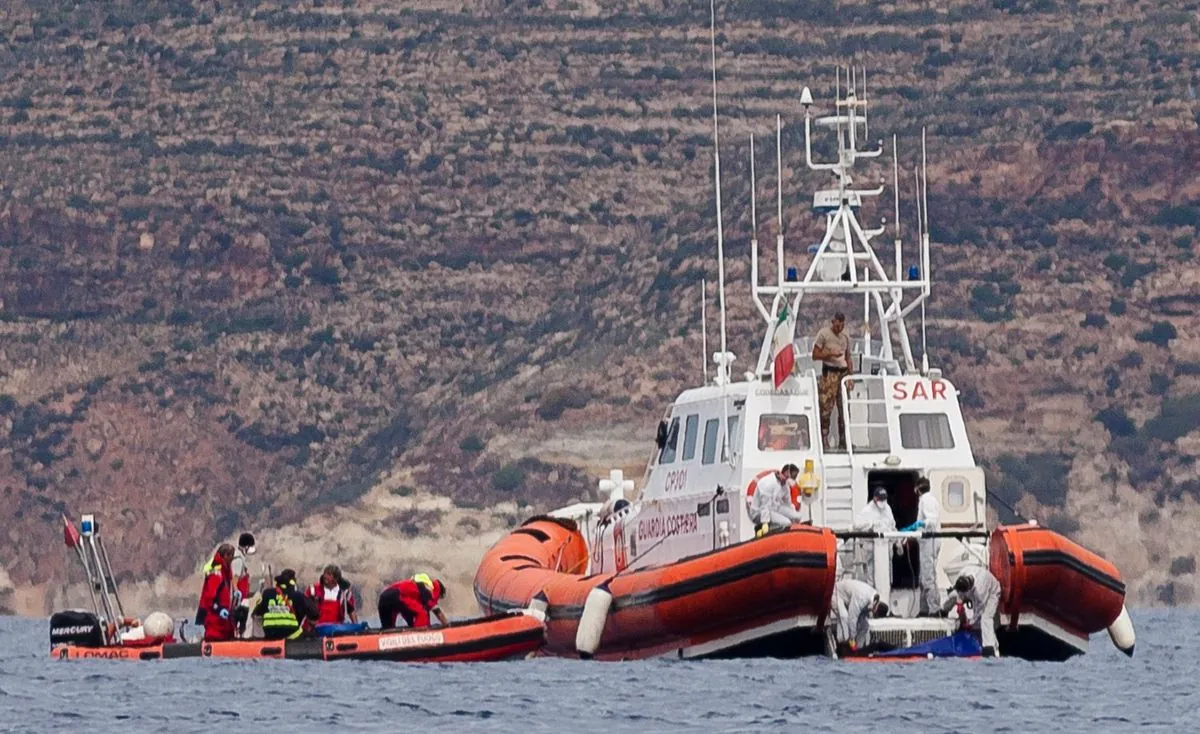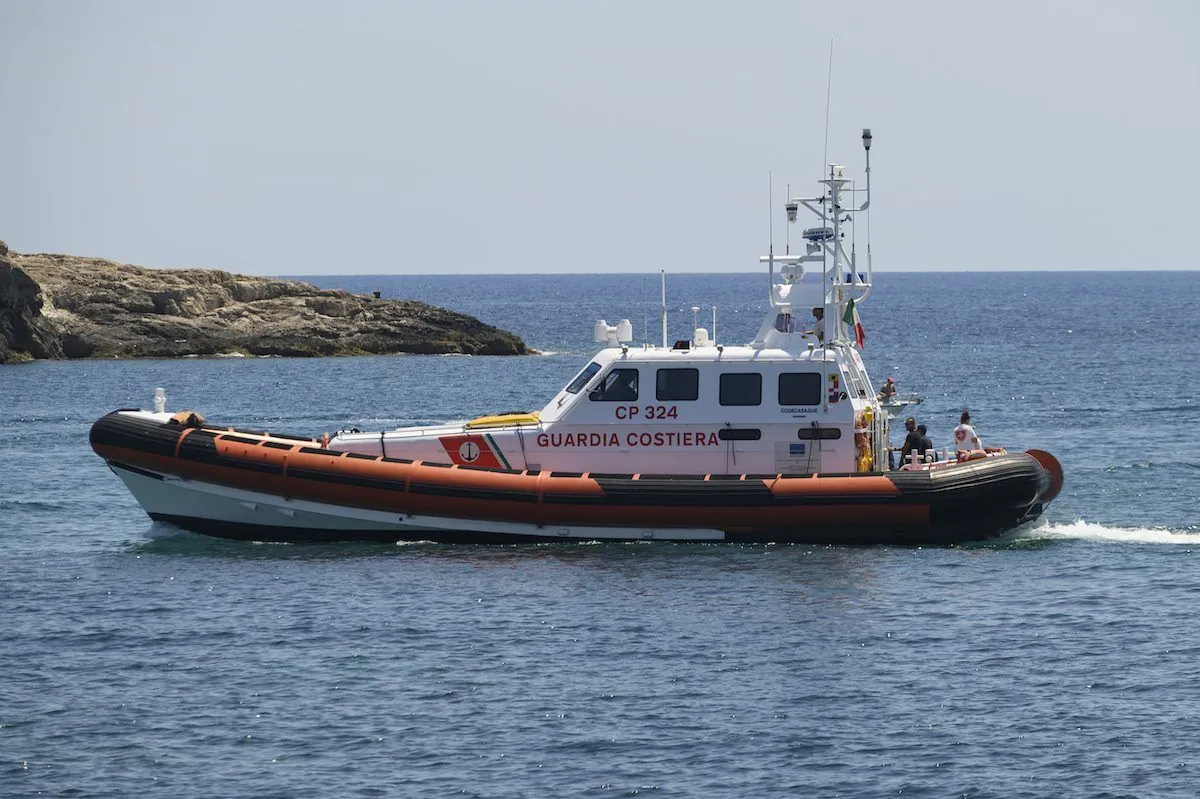Italy Tightens Grip on Migrant Search Operations with New Fines
Italy introduces hefty fines for pilots searching for migrant boats and tightens visa regulations. The move aims to curb irregular arrivals and crack down on visa fraud, amid increased work visa quotas for non-EU citizens.

Italy, a founding member of the European Union with a 7,600-kilometer coastline, has introduced new measures to address irregular migration. The government plans to impose fines of up to 10,000 euros on pilots involved in search and rescue operations for migrant boats in distress at sea.
Giorgia Meloni's right-wing administration has implemented various strategies to curb irregular arrivals. These include collaborating with African governments to prevent departures and establishing migrant centers in Albania. Italy's geographical position as a key entry point for migrants from Africa and the Middle East has made immigration a pressing issue for the country.
The new decree mandates that aircraft engaged in search and rescue activities must promptly inform authorities of any emergencies and comply with their directives. Non-compliance could result in the impoundment of aircraft for 20 days, with repeated violations leading to confiscation. This move follows a May 2023 ban on charity planes using airports near shipping routes, which some organizations have disregarded.

Italy's approach to migration has evolved significantly over time. Once a country of emigration, with millions of Italians moving abroad in the 19th and 20th centuries, Italy became a net immigration country in the 1970s. The country has been a member of the Schengen Area since 1997, which has implications for its border control policies.
The government is also addressing fraud within the migrant visa system. Employers who have submitted requests to hire foreign workers in the past three years without following through will be barred from applying again. This measure aims to prevent potential exploitation of the system by criminal groups.
Despite these restrictions, Italy has significantly increased its work visa quotas for non-EU citizens. For the period 2023-2025, the country has allocated 452,000 visas, a nearly 150% increase from the previous three years. This substantial rise contrasts sharply with the 30,850 visas issued in 2019, before the COVID-19 pandemic.
These policy changes come amid various challenges facing Italy. The country has the third-largest economy in the Eurozone but has grappled with economic issues, including high public debt and unemployment rates above the EU average. Additionally, Italy's aging population and one of the lowest birth rates in the EU have implications for its labor market and social services.
The Italian Coast Guard, responsible for search and rescue operations in Italian waters, faces the complex task of balancing humanitarian concerns with border control. NGOs have been operating rescue ships in the Mediterranean since 2014, often filling gaps in state-led rescue efforts.
Italy's approach to migration has drawn criticism from human rights organizations. The country's policies, including restrictions on charity rescue ships and the new fines for pilots, have sparked debates about the balance between border control and humanitarian obligations.
As Italy navigates these complex issues, it must also contend with political instability, having experienced frequent changes in government. The country's population of approximately 60 million and its significant informal economy add further layers of complexity to its migration and economic policies.
The implementation of these new measures reflects the ongoing challenges Italy faces in managing migration flows while addressing domestic economic and demographic concerns. As a key player in the EU and a frontline state for migration, Italy's policies have far-reaching implications for the broader European approach to migration and asylum.


































